The raisins market is thriving, offering consumers an array of options. One question that often arises is whether to opt for organic or conventional raisins. This article will delve into the pros and cons of both types, providing readers with a comprehensive understanding of the raisins market. Defining Organic Raisins: Organic raisins are produced using agricultural practices that prioritize soil and water conservation, biodiversity, and the absence of synthetic pesticides, fertilizers, and genetically modified organisms (GMOs). Organic farmers rely on natural methods to control pests and diseases, thus ensuring minimal impact on the environment, while also providing consumers with a less chemically-treated product.

.
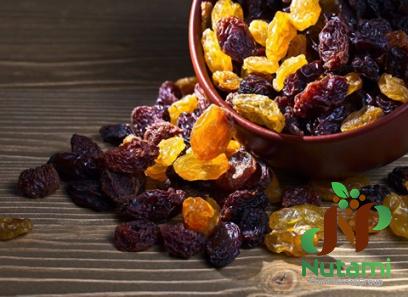 Benefits of Organic Raisins: 1. Nutritional Purity: Organic raisins are rich in essential vitamins and minerals, making them a natural and healthful snack. 2. Environmental Impact: By supporting organic raisin cultivation, consumers play a part in safeguarding our planet’s resources. Organic farming reduces water and soil contamination, promotes sustainability, and preserves biodiversity. 3. Non-GMO Guarantee: Organic certification ensures that the raisins are free from genetically modified organisms, offering peace of mind for health-conscious consumers. 4. Less Chemical Residue: Organic raisins may have lower levels of harmful chemical residues due to the absence of synthetic pesticides and fertilizers. Challenges of Organic Raisins: 1. Higher Cost: Organic raisins often come with a higher price tag. This is mainly due to the increased labor and certification costs associated with organic farming practices.
Benefits of Organic Raisins: 1. Nutritional Purity: Organic raisins are rich in essential vitamins and minerals, making them a natural and healthful snack. 2. Environmental Impact: By supporting organic raisin cultivation, consumers play a part in safeguarding our planet’s resources. Organic farming reduces water and soil contamination, promotes sustainability, and preserves biodiversity. 3. Non-GMO Guarantee: Organic certification ensures that the raisins are free from genetically modified organisms, offering peace of mind for health-conscious consumers. 4. Less Chemical Residue: Organic raisins may have lower levels of harmful chemical residues due to the absence of synthetic pesticides and fertilizers. Challenges of Organic Raisins: 1. Higher Cost: Organic raisins often come with a higher price tag. This is mainly due to the increased labor and certification costs associated with organic farming practices.
..
 2. Limited Availability: Organic raisins may not be as readily available as their conventional counterparts due to fewer organic grape producers. Conventional Raisins: Conventional raisins are harvested using standard agricultural practices that may involve synthetic pesticides, fertilizers, and GMOs. While these raisins are more widely available and often come at a lower cost, there are some potential drawbacks to consider. Considerations with Conventional Raisins: 1. Pesticide Residues: Since conventional raisins are typically sprayed with chemical pesticides to control pests and diseases, they may contain higher levels of harmful residues. 2. Environmental Impact: Conventional farming practices can contribute to soil degradation, water contamination, and biodiversity loss. Supporting conventional raisins means supporting these agricultural methods.
2. Limited Availability: Organic raisins may not be as readily available as their conventional counterparts due to fewer organic grape producers. Conventional Raisins: Conventional raisins are harvested using standard agricultural practices that may involve synthetic pesticides, fertilizers, and GMOs. While these raisins are more widely available and often come at a lower cost, there are some potential drawbacks to consider. Considerations with Conventional Raisins: 1. Pesticide Residues: Since conventional raisins are typically sprayed with chemical pesticides to control pests and diseases, they may contain higher levels of harmful residues. 2. Environmental Impact: Conventional farming practices can contribute to soil degradation, water contamination, and biodiversity loss. Supporting conventional raisins means supporting these agricultural methods.
…
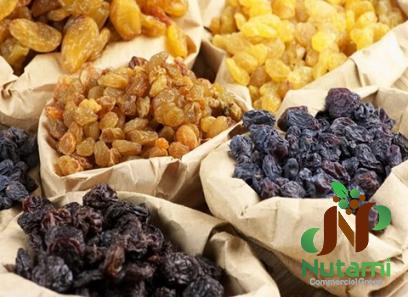 3. GMO Contamination: Conventional raisins are more likely to come from vineyards where GMO grapes are grown, potentially leading to unintended GMO presence in the final product. Making an Informed Choice: When deciding between organic and conventional raisins, it ultimately boils down to personal preferences, health concerns, and budget considerations. While organic raisins provide numerous advantages in terms of health and environmental impact, conventional raisins might be more accessible and affordable for some consumers. Conclusion: The choice between organic and conventional raisins ultimately rests with individual consumers. It is essential to weigh the benefits of organic farming, such as environmental sustainability and the reduced use of synthetic chemicals, against the potential drawbacks, including higher costs and limited availability. Regardless of the choice made, raisins remain a nutritious and delicious snack option for everyone.
3. GMO Contamination: Conventional raisins are more likely to come from vineyards where GMO grapes are grown, potentially leading to unintended GMO presence in the final product. Making an Informed Choice: When deciding between organic and conventional raisins, it ultimately boils down to personal preferences, health concerns, and budget considerations. While organic raisins provide numerous advantages in terms of health and environmental impact, conventional raisins might be more accessible and affordable for some consumers. Conclusion: The choice between organic and conventional raisins ultimately rests with individual consumers. It is essential to weigh the benefits of organic farming, such as environmental sustainability and the reduced use of synthetic chemicals, against the potential drawbacks, including higher costs and limited availability. Regardless of the choice made, raisins remain a nutritious and delicious snack option for everyone.

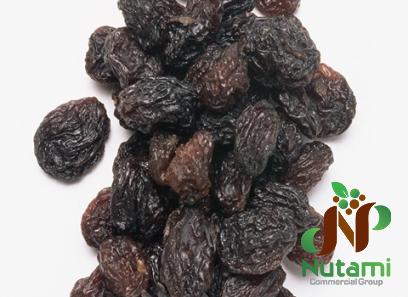

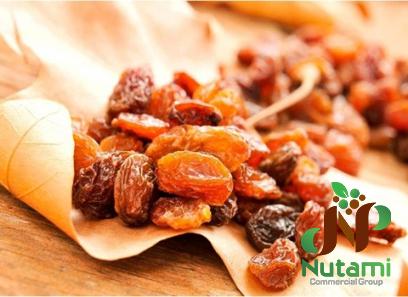

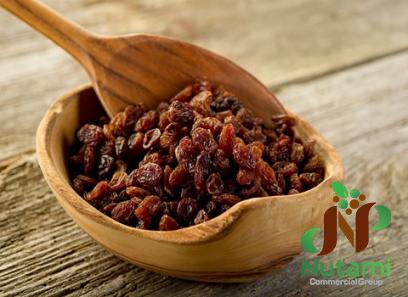
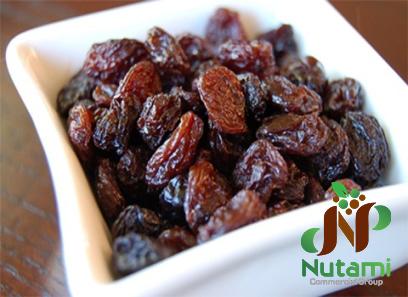
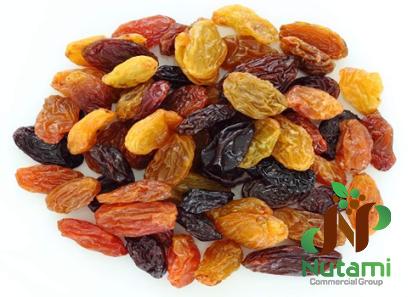
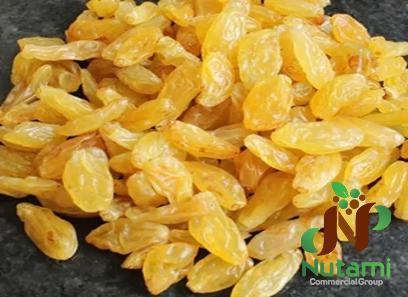
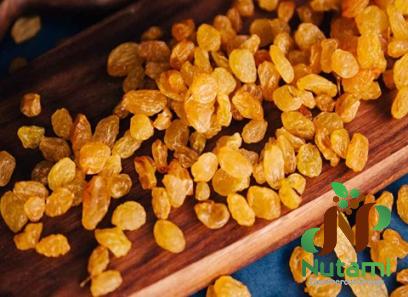
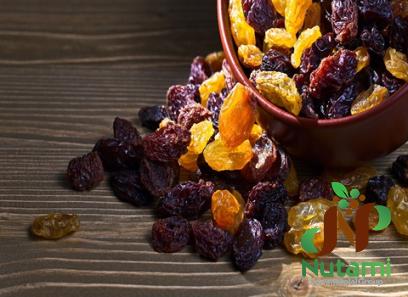
Your comment submitted.